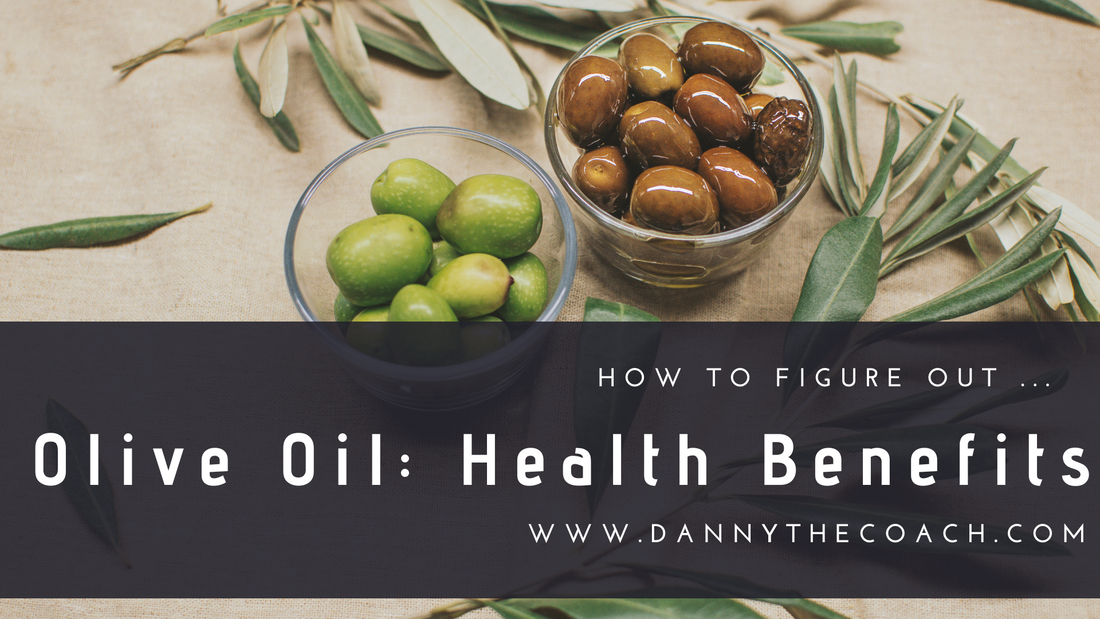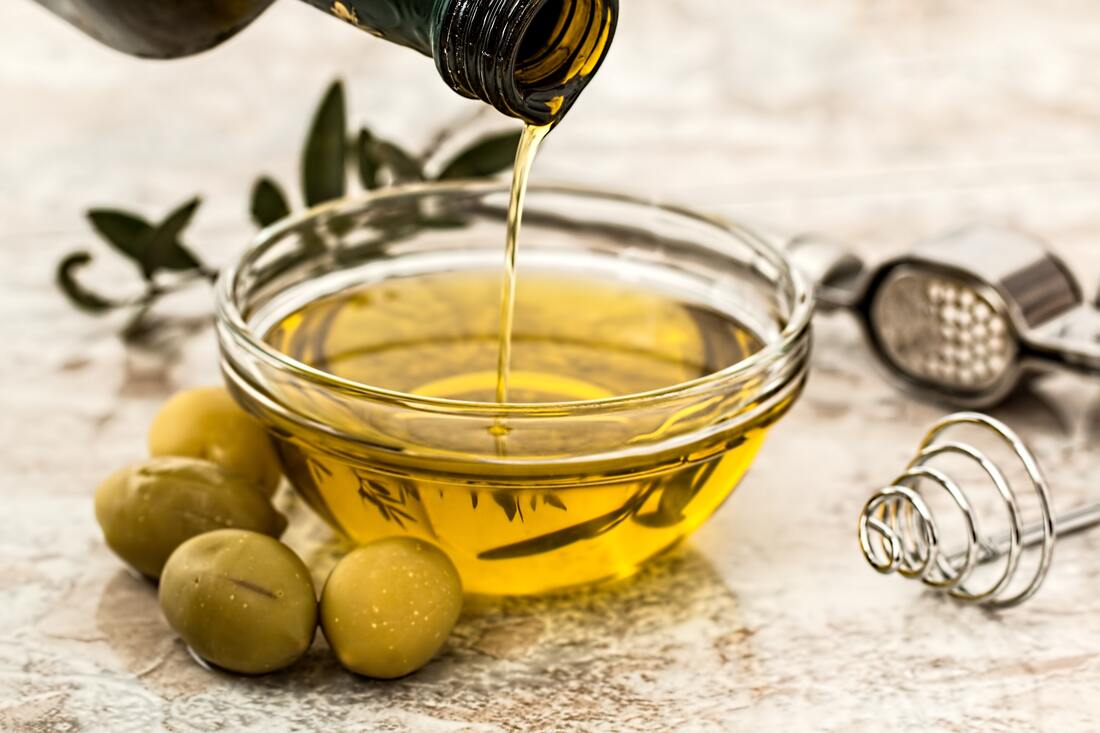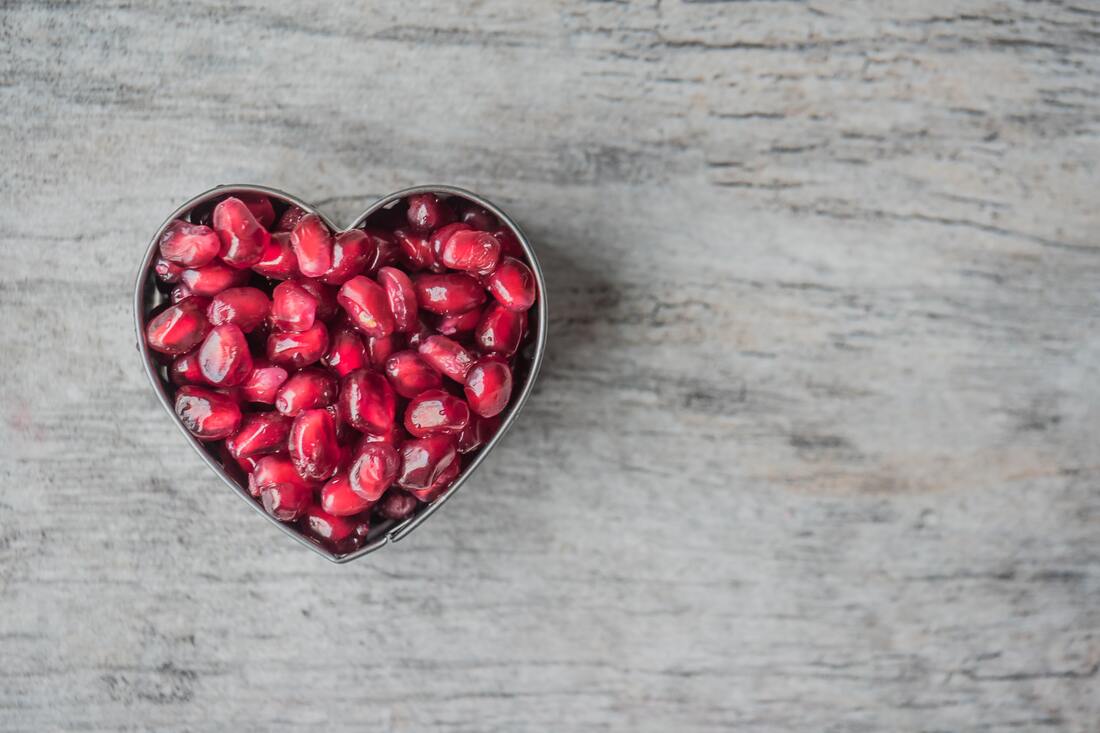|
Olive oil has been harvested for thousands of years. It is widely respected in nutrition circles for its anti-inflammatory and other health benefits. It may help to reduce inflammation, support health, aid weight loss, improve insulin sensitivity, support brain health, boost immune health, offer anti-aging effects, and support a healthy mood among other health benefits. However, not all olive oil is made equal. Many olive oils on the market are of lower quality with fewer health benefits. Some of the olive oil bottles you see are falsely advertised and are not even olive oil. If you want to enjoy the benefits of olive oil, you have to understand how to buy the highest quality extra-virgin olive oil. What is Olive Oil
Olive Oil is a Nutritional Powerhouse
Key Nutrients in Olive Oil
Vitamin E: Extra virgin olive oil is rich in Vitamin E. Each tablespoon of extra virgin olive oil has about 1.9 mg of Vitamin E, a fat-soluble antioxidant that can protect the body against eye and skin problems and in fact make hair and skin much healthier. Nutrition Facts
Health Benefits of Olive Oil Olive oil offers many health benefits, including heart health benefits, weight loss support, improved insulin sensitivity, brain health support, immune health benefits, anti-cancer benefits, anti-aging effects, and improved mood. Let’s discuss these benefits in detail.
Aids Weight Loss and Insulin Sensitivity Consuming EVOO may help to support your weight loss goal and improve insulin sensitivity. Fats are generally more satiating than sugar and carbs. This means that they reduce cravings, overeating, and snacking. This makes low-fat diets generally unsustainable in the long-run leading to a yo-yo effect. According to a 2006 study published in Archives in Internal Medicine, people on higher-fat, low-carb diets lost more weight than those on a low-fat diet. Those on a higher-fat diet also had better cholesterol levels. A 2010 study published in the Journal of Women’s Health has also found that olive oil-rich higher fat diet improved weight loss compared to low-fat diets. Moreover, according to a 2020 review published in Advanced Nutrition, oleic acid in olive oil may help to reduce obesity and support healthy body weight. Olive oil may improve membrane function, insulin signaling, enzyme activity, and gene expression, thus may improve glucose metabolism. According to a 2009 review published in Progress in Lipid Research, olive oil may help to improve insulin sensitivity and reduce the risk of type 2 diabetes. Eating too many carbs can increase blood sugar while fats help to stabilize blood glucose and insulin levels. Adding EVOO’s to your meals may help to slow down the sugar entering your bloodstream. Because it may help to make you feel more satisfied after meals, it reduces your risk of reaching for sugary junk food after. Olive oil offers anti-inflammatory benefits and may support brain health. According to a 2009 review published in Acta Neurologica Taiwan, much of your brain is made up of fatty acids and need plenty of fatty acids to function well on a daily basis. This means that your brain needs fats to perform tasks, focus, memorize things, think clearly, and support a healthy mood. A 1999 study published in Neurology has found that olive oil and MUFAs may support brain health as we age and may help to fight age-related cognitive decline. According to a 2021 book, Olives and Olive in Health and Disease Prevention published by the Academic Press, extra virgin olive oil supports cognition and brain health. Researchers found that the neuroprotective qualities of EVOO may help to improve memory, delay cognitive decline, support verbal fluency, improve visual memory, and reduce the risk of developing dementia and Alzheimer’s disease. Immune and Anti-Cancer Benefits
Anti-Aging Adding olive oil to your diet may also help to reduce signs of aging. EVOO is rich in antioxidants. One of these antioxidants is secoiridoid, which helps to activate genes that lower cellular stress thus offer anti-aging benefits. According to a 2013 article published in Cell Cycle, secoiridoids in olive oil may help to suppress gene expression connected to the Warburg effect, which is a process connected to cancer formation. They found that secoiridoids may help to reduce the risk of age-related skin cell changes. Supports Healthy Mood
How to Buy Olive Oil
Now an other problem is that according to a CBS report, about 70 percent of EVOOs on the market are watered down with other oils. This means that you can’t always trust the labels. Being lied to is a problem itself, of course, but an even bigger issue is that these watered-down and fake olive oils can pose some health risks to your health and also don’t possess all the beneficial qualities of real olive oil. When looking for a real high-quality EVOO, always read the label. Look For The Following When Buying Olive Oil:
One of the concerns that many have with cooking with olive oil is its low smoke point and the fact that it starts to decompose around 200 degrees Fahrenheit. Some older studies and discussions only looked at the smoke point as a reference for safety. But they disregarded potential toxic effects. A 2018 study published in the Acta Scientific Nutrition of Health, on the other hand, has found that the smoke point is not a good reference. Instead of simply measuring smoke points, they measured the toxic compounds that were released during cooking. They had some surprising results. They performed two tests. They heated the oils gradually from 25 to 240 Celsius (77 to 464 Fahrenheit) and then measured them at every 30-degree increase. They also heated the oils at 180 Celsius (356 Fahrenheit) for 6 hours, which is much longer than many slow cooking methods recommend. They measured samples at 30, 60, 180, and 360 minutes. In each sample, they looked at oxidation, oxidation stability, fatty acid profile, and toxic byproducts or polar compounds. All the samples were cooled and analyzed later. The oils that were tested included: EVOO, virgin olive oil, olive oil, canola oil, rice bran oil, grapeseed oil, coconut oil, high oleic peanut oil, sunflower oil, and avocado oil. They looked at canola and grapeseed oil, which both have high smoke points and in theory, should be stable at higher temperatures. Yet they found that both showed a significant spike in polar compounds and toxicity at over 150 Celsius. On the other hand, avocado and refined olive oil fared better than canola and grapeseed oil. Researchers only noticed a small spike at over 180 Celsius. The results of the study suggest that the smoke point of the oils is not a stable number and not an indication of safety. The oxidative stability, which is based around the level of saturated and monounsaturated fats, which are more stable than polyunsaturated fats, along with antioxidant compounds in the oil is a much more important factor. How Best to Use Olive Oil Looking at the results, EVOO is clearly the best choice and coconut oil is a close second. Other studies have shown coconut oil to be slightly more stable. The point is that olive oil has great oxidative stability and handles oxidation so effectively. However, as we discussed earlier, olive oils are not made equal, and it’s important that you use high-quality EVOO whether it’s for cooking or otherwise.
Many people still prefer to cook with saturated fats, such as high-quality grass-fed tallow, butter, or ghee as a safe and healthy animal source. Those are all fantastic choices that I encourage you’re to use in your kitchen. However, don’t shy away from cooking with EVOO either as it has great oxidative stability. Additionally, you can use EVOO in your uncooked dishes. You can simply drizzle it on your salads and vegetables. You may mix it with some balsamic vinegar, dijon mustard, or other ingredients for a delicious salad dressing or dip for veggies or a gluten-free, low-card, homemade, keto bread. You can mix it with seasoning and drizzle it on your grilled, sauteed, steamed, or roasted vegetables or meat after they’re finished cooking. You may add it to raw vegetable soups, pesto, spreads, and dips.
0 Comments
Leave a Reply. |
Author
DannyTheCoach Archives
January 2023
Categories
All
|












 RSS Feed
RSS Feed